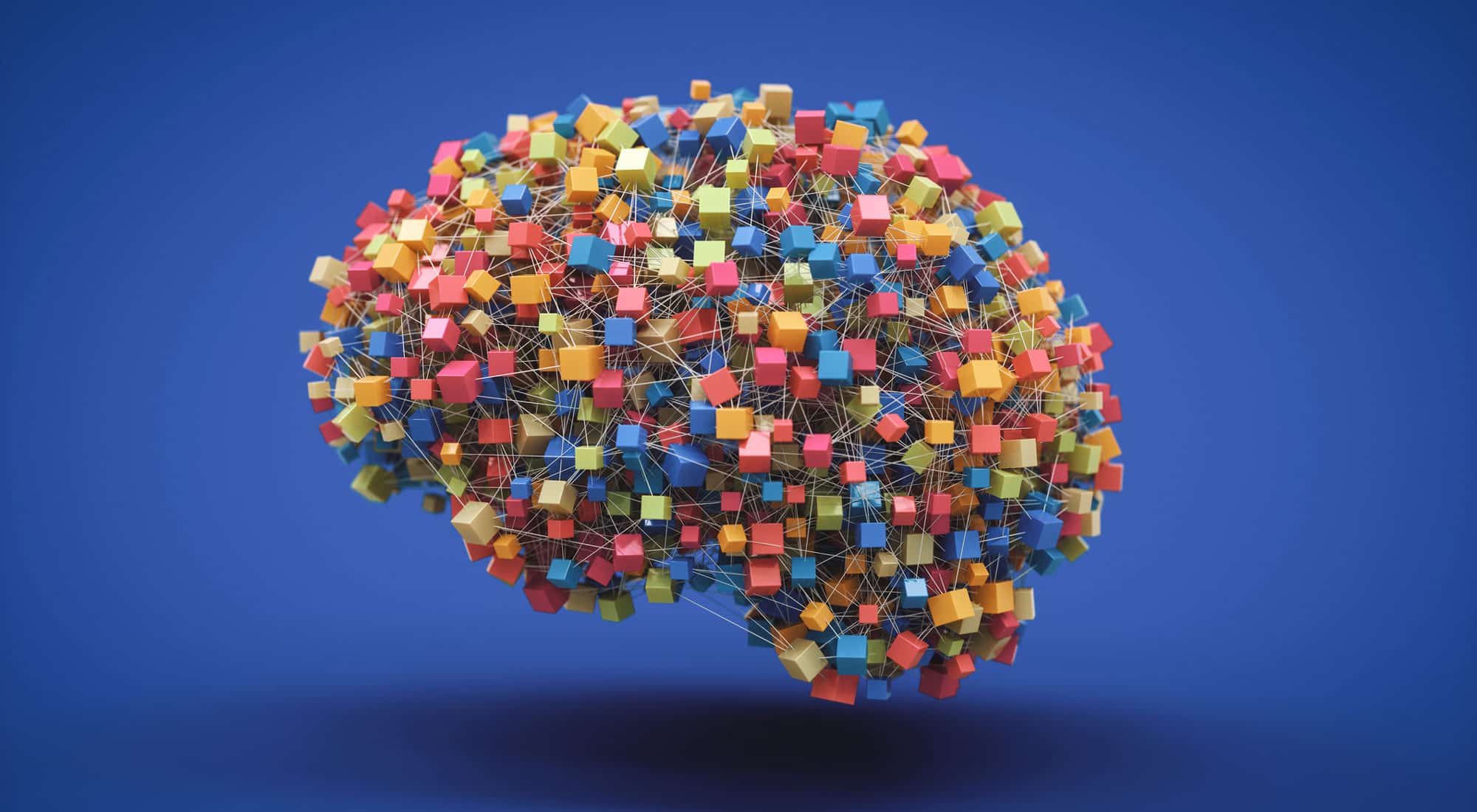
What is Neurodiversity?
While there are disadvantages that come with neurological differences, there are also unique strengths, talents, and viewpoints that neurodiverse individuals bring to the world around them. Read More

While there are disadvantages that come with neurological differences, there are also unique strengths, talents, and viewpoints that neurodiverse individuals bring to the world around them. Read More

When we lose sleep due to anxiety, depression, or other mental health issues, we can actually exacerbate our symptoms. So in what ways can we embrace the importance of sleep in order to improve our mental health? Read More
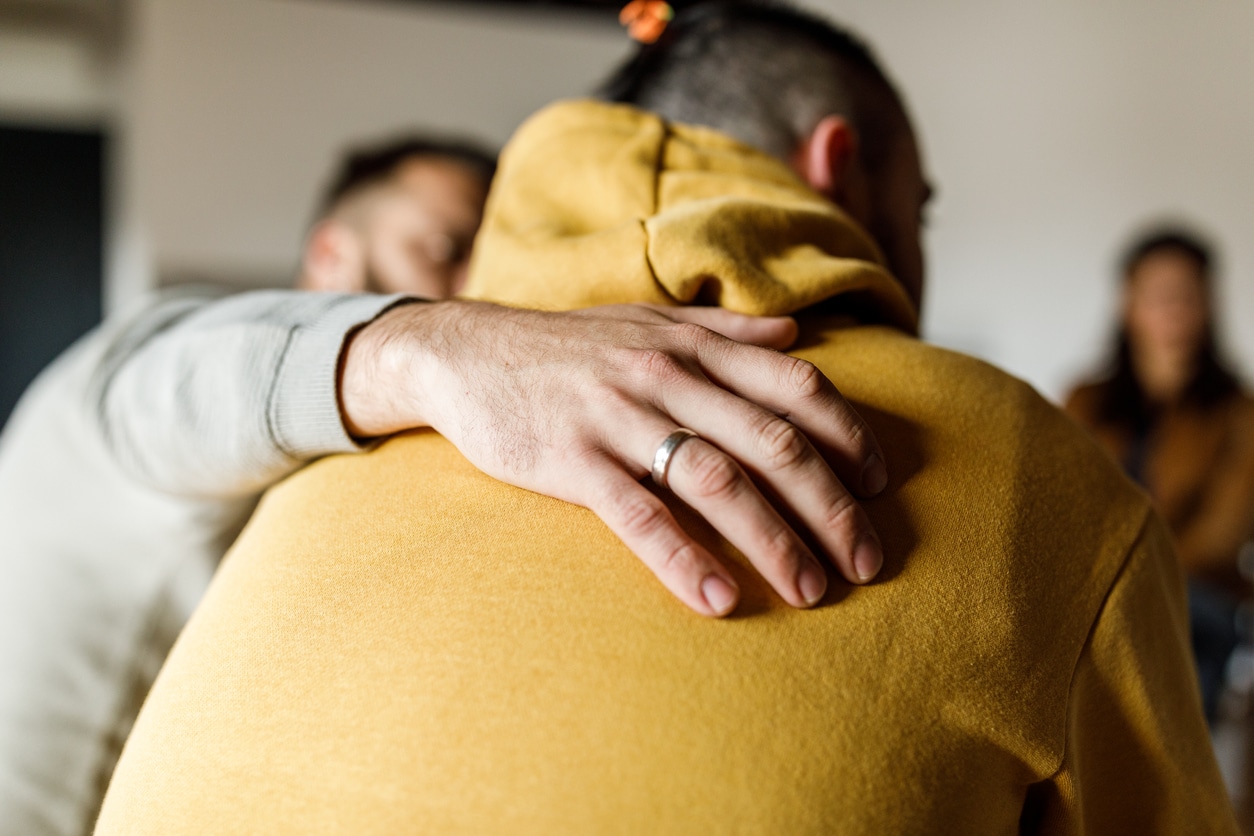
When we first begin our recovery journey, we may not be ready to make the most of treatment from day one. Wanting to feel better doesn’t necessarily mean we are in the right place to be able to do so. But that doesn’t mean we can’t get there. Some of us just need extra support to feel safe, present, and receptive. Read More
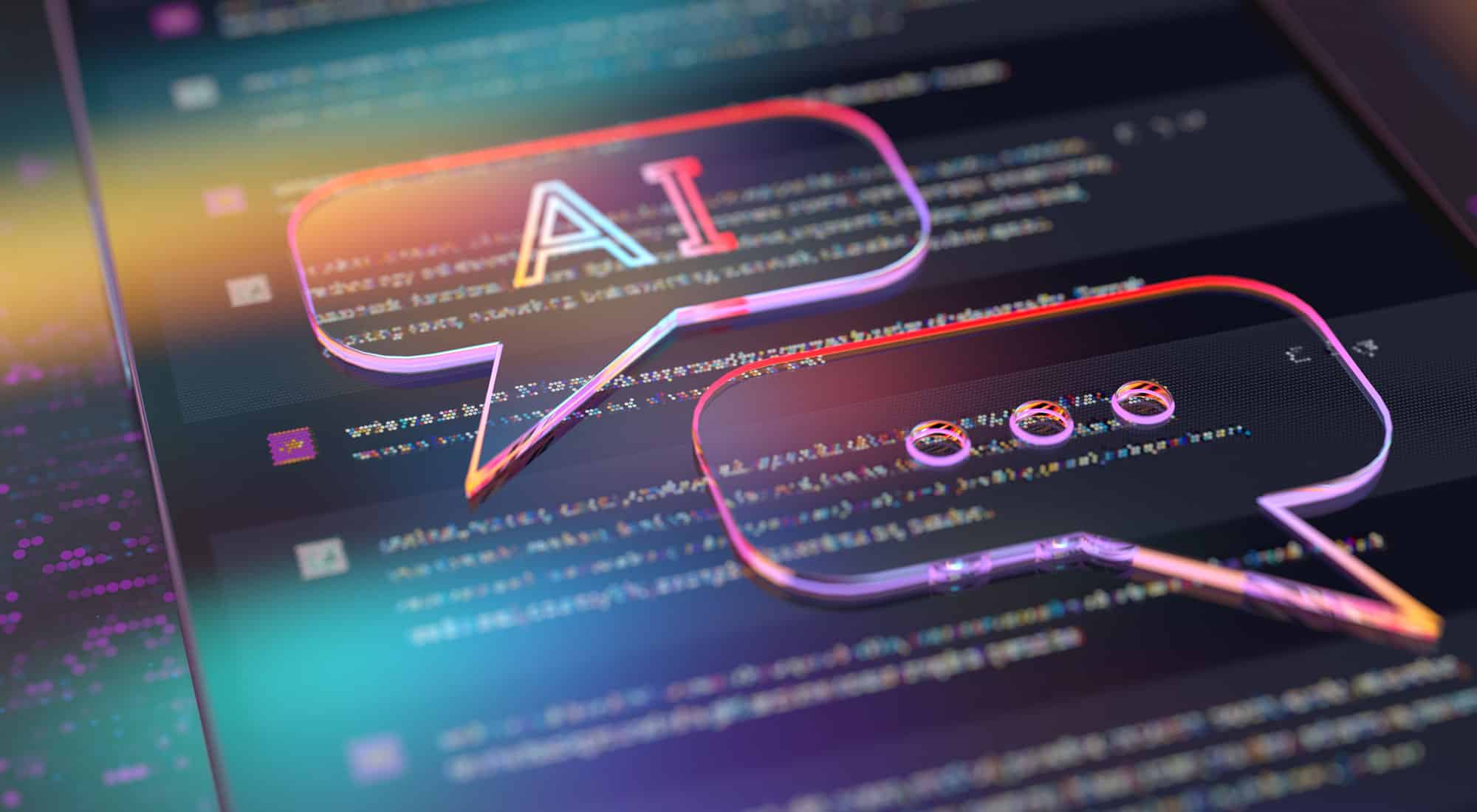
In an age where artificial intelligence (AI) is swiftly becoming an integral part of our lives, it’s essential to examine its impact on mental health and its role in addressing the shortage of mental health providers. AI’s rise in the realm of mental health is indeed transformative, offering numerous benefits such as virtual therapists, AI wearables, and apps that can detect mental health conditions. However, the adoption of AI in mental health also comes with its own set of relational, technical, and ethical challenges. Read More
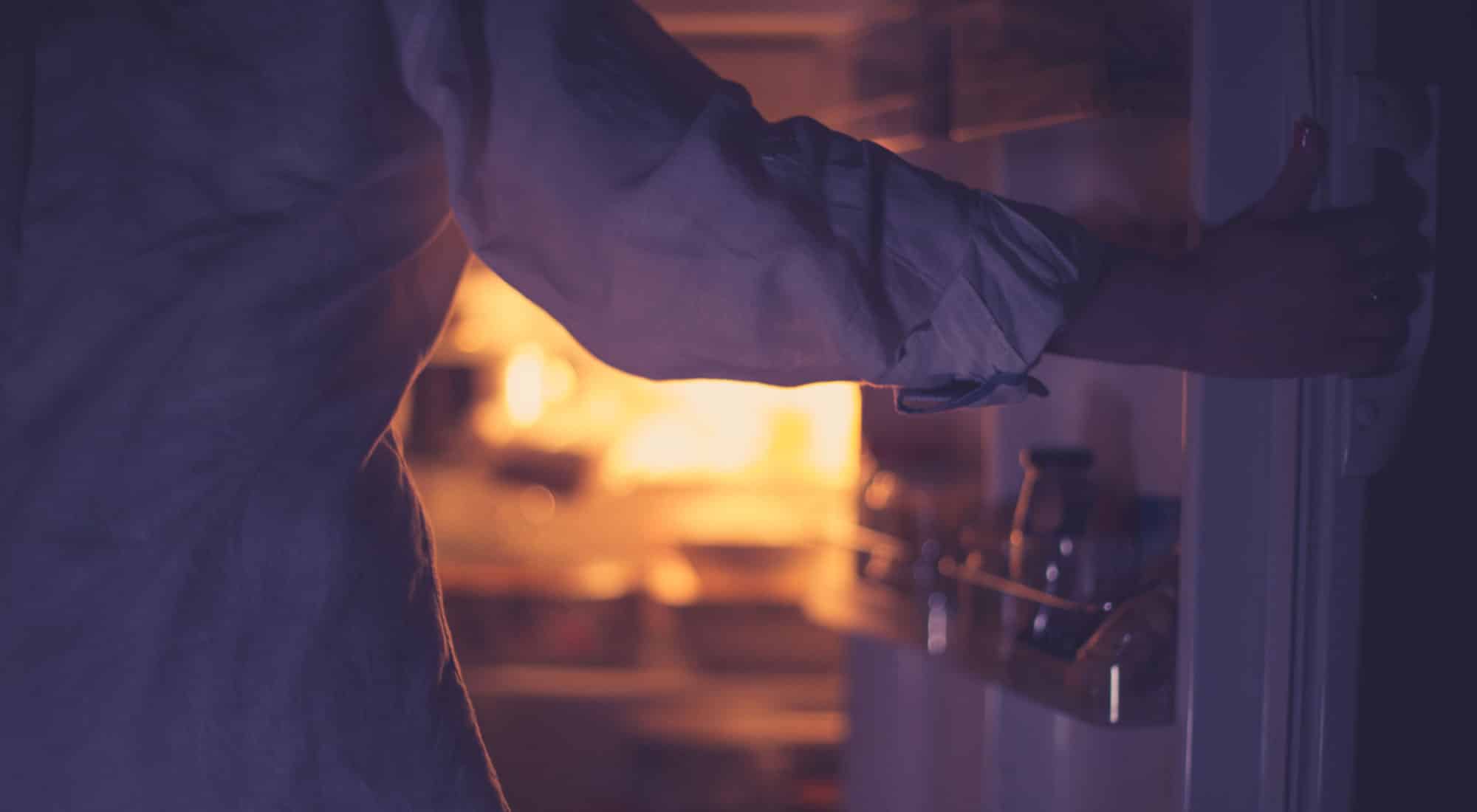
How do you know if you are eating too much? What are the signs? Also, what causes you to overindulge, and how can you find balance? Read More
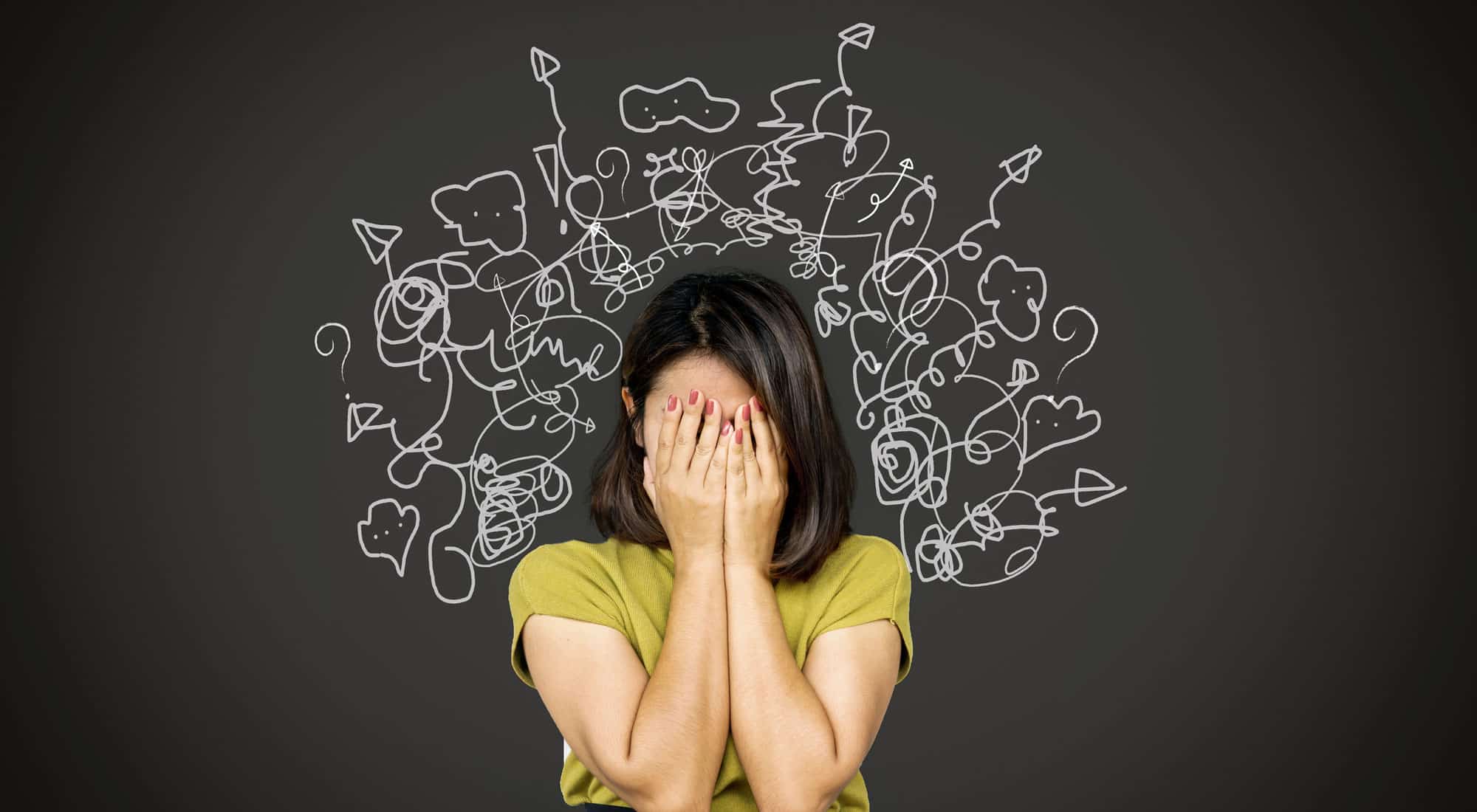
If you or a loved one experiences a lot of changes in mood or has trouble managing emotions, you may be dealing with emotional dysregulation. This term isn’t exactly one we hear a lot, so you may be wondering, What is emotional dysregulation? Learning about it, its symptoms, and what it can be indicative of, can help you find the right support for mental health and recovery. Read More
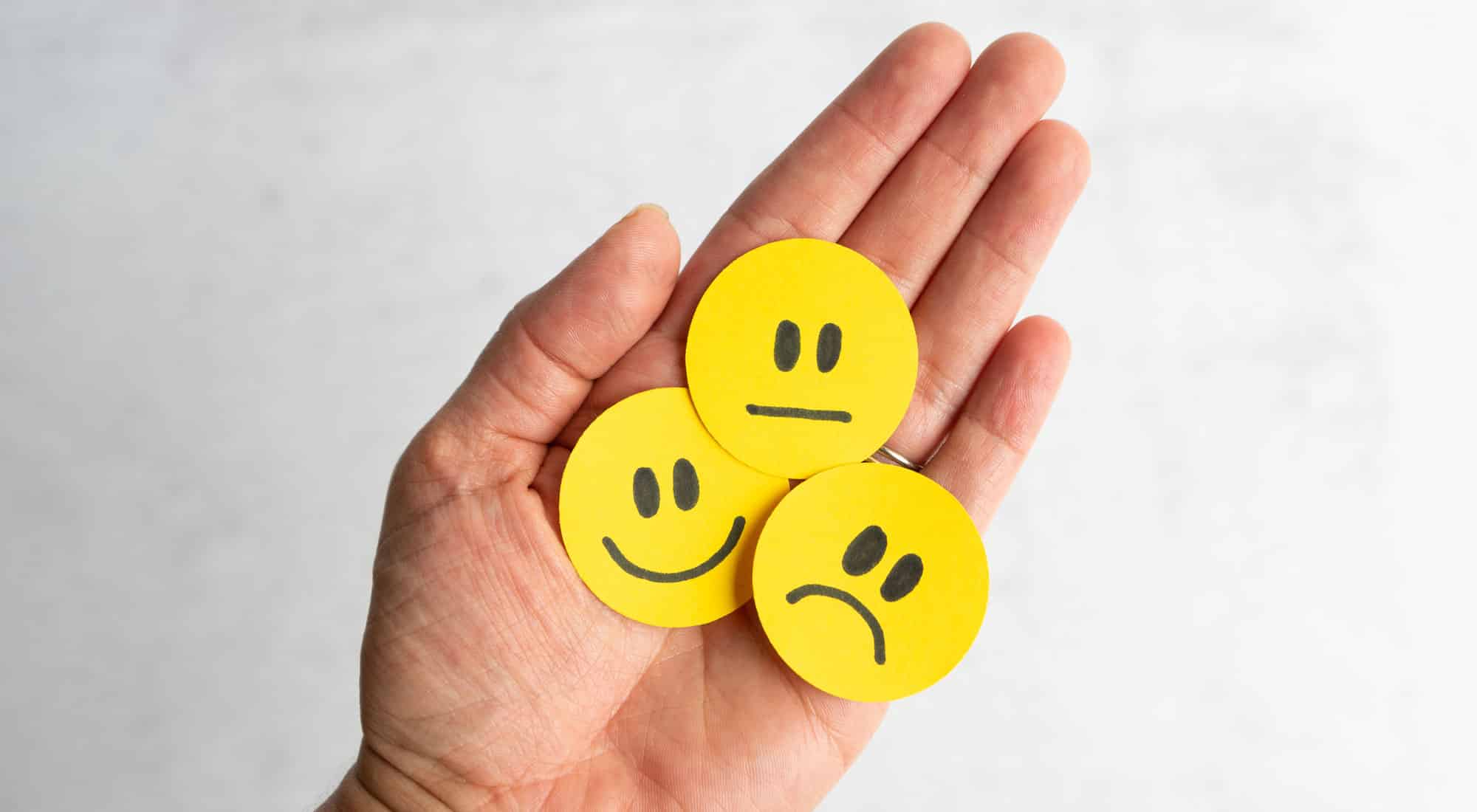
Mental health awareness has grown significantly in the past decade, especially since the advent of the COVID-19 pandemic. Due to the strenuous circumstances brought on by the worldwide crisis, conditions like depression and anxiety became more commonplace and easier to discuss openly. Athletes and celebrities have made headlines declining to compete or appear at certain events due to mental health struggles. Therapy is even becoming a staple of a well-balanced life in modern culture. But has the focus on mental health actually improved mental health issues in America? Read More
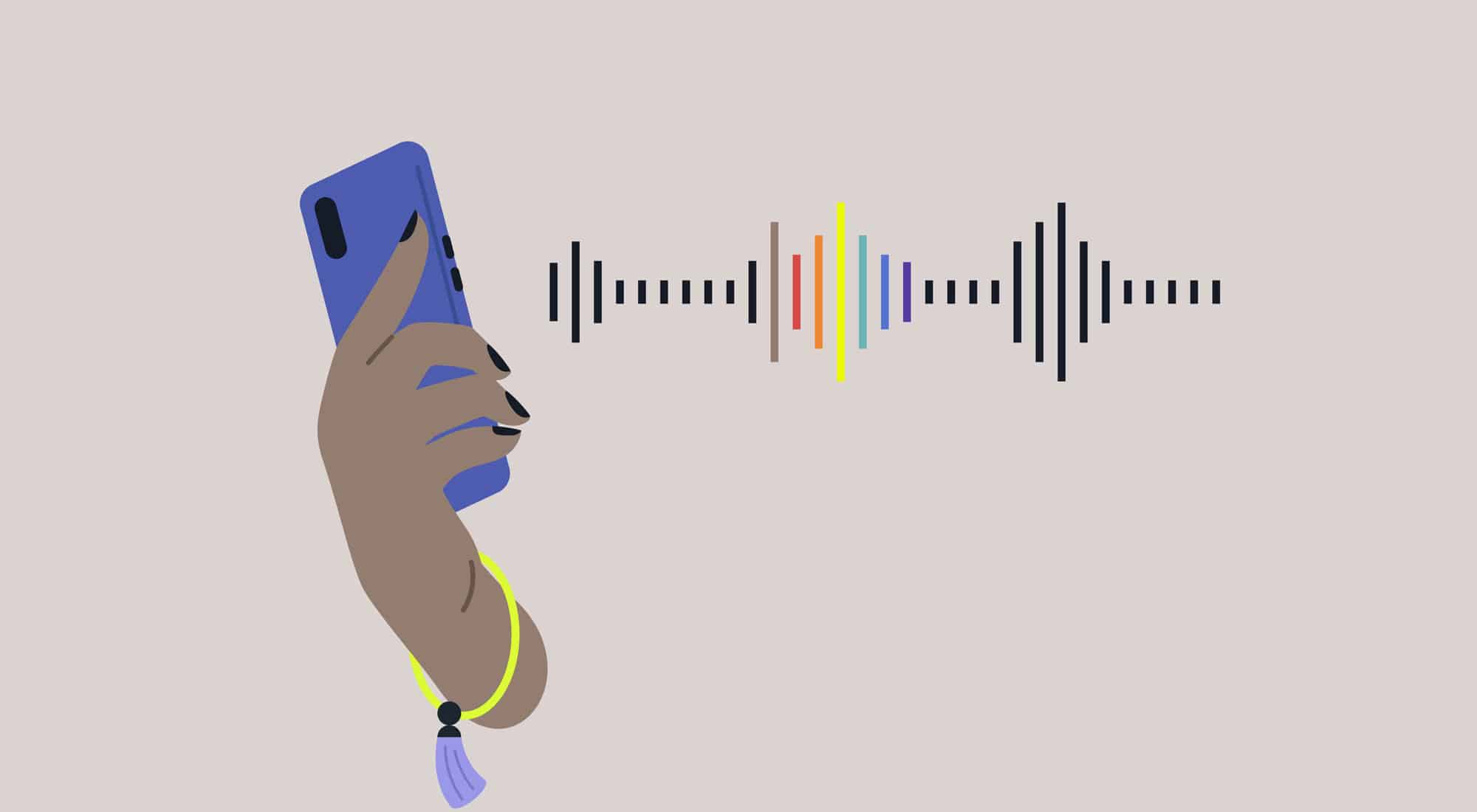
The 988 Suicide & Crisis Lifeline essential emergency service now includes LGBTQ hotline, chat, and text options. This means if you or someone you care about is struggling with mental health or substance use, you have a confidential, culturally competent, and compassionate resource in an emergency. Read More

As a concerned friend or family member, you’re left in a tough spot. You want to help, but you can’t force your loved one to do anything. And until they realize they have a problem, they won’t seek the help they need. It may leave you asking, Can you help someone with mental illness if they aren’t aware of it or don’t want help? Read More

Postpartum and menopause are two reproductive transitions that significantly impact a woman’s health. What health challenges should women be aware of during these seasons, and how might they best navigate them? Read More